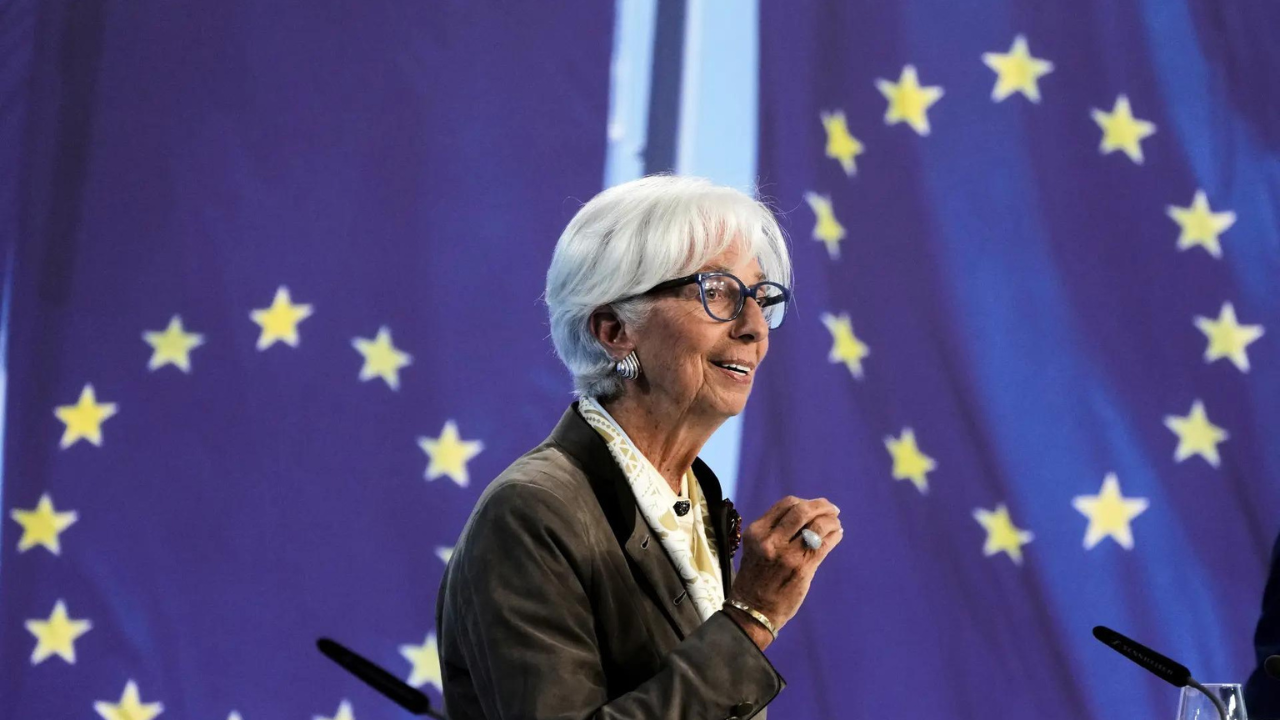Jane Austen at 250: Why we shouldn’t exaggerate her radicalism

Join our WhatsApp Community to receive travel deals, free stays, and special offers!
- Join Now -
Join our WhatsApp Community to receive travel deals, free stays, and special offers!
- Join Now -

The BBC’s recent docuseries, Jane Austen: Rise of a Genius, the PBS mini-series Miss Austen as well as cultural and tourism festivities are all marking the 250th anniversary of Austen’s birth for a global audience.
Scholars have long noted Austen’s significant innovations with the novel form and enduring popularity.
Jane Austen: Rise of a Genius follows the 2023 BBC series Shakespeare: Rise of a Genius. Through the show’s titling and packaging, and by combining scholarly with popular commentary, the series promotes Austen as an authorial standard of modern literature.
It also sometimes presents her as socially subversive and a breaker of barriers, amplifying arguments that she was a “radical.”
The meaning of the word radical is to uproot and dismantle fundamental structures. Austen’s novels, skilful and absorbing as they are, offer no social or political revolutions: rather, they reform and realign Regency Britain, using the romance plot and its Cinderella template.
From my perspective as a professor of global pre-1800 literature who has studied narratives around the Black Atlantic, Caribbean slavery and race, what the series perhaps overlooks is that, in today’s context of Brexit, the politics of canon and tradition affirm a nationalist and neoimperial culture.
Framing of slavery and empire
The series presents the 18th century as “booming” from the wealth of trade. While slavery and empire are mentioned in the first episode, the narration states that slavery was being challenged by “progress...
Read more
What's Your Reaction?
 Like
0
Like
0
 Dislike
0
Dislike
0
 Love
0
Love
0
 Funny
0
Funny
0
 Angry
0
Angry
0
 Sad
0
Sad
0
 Wow
0
Wow
0























































